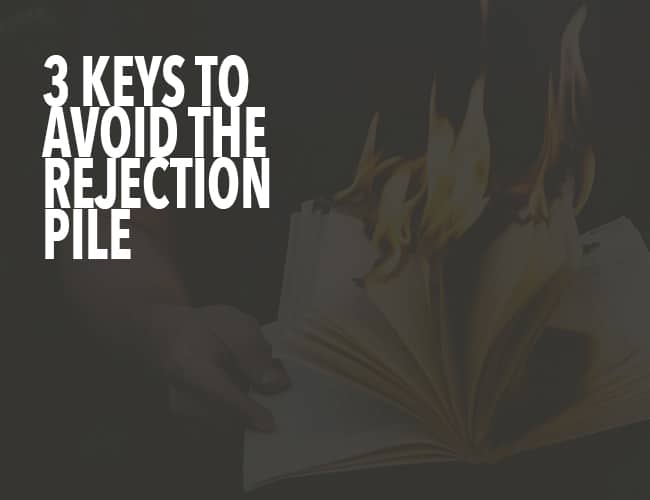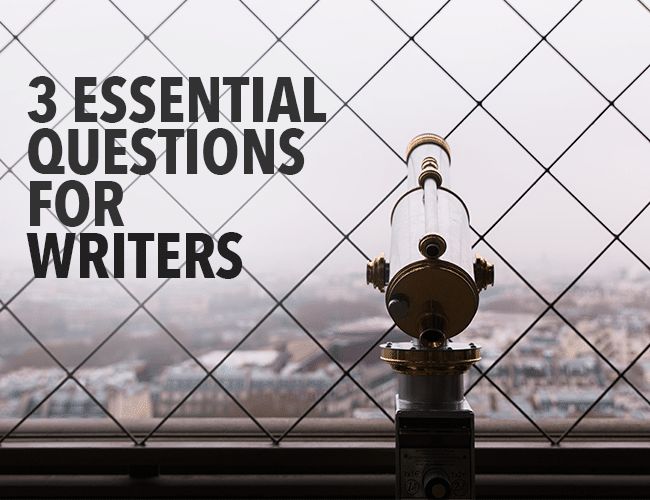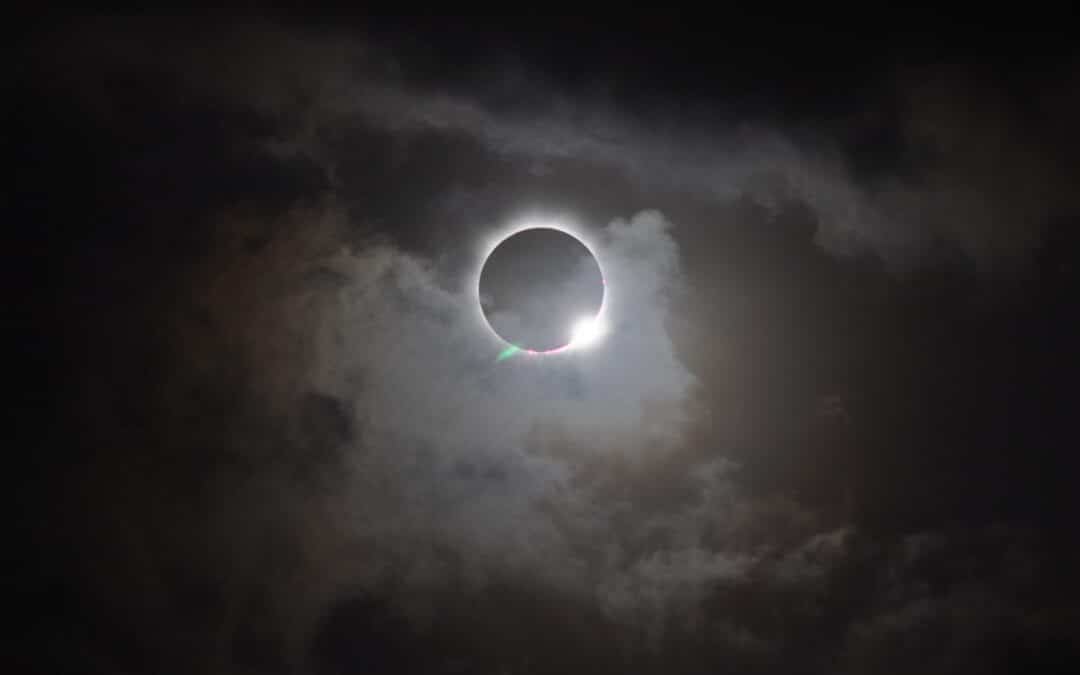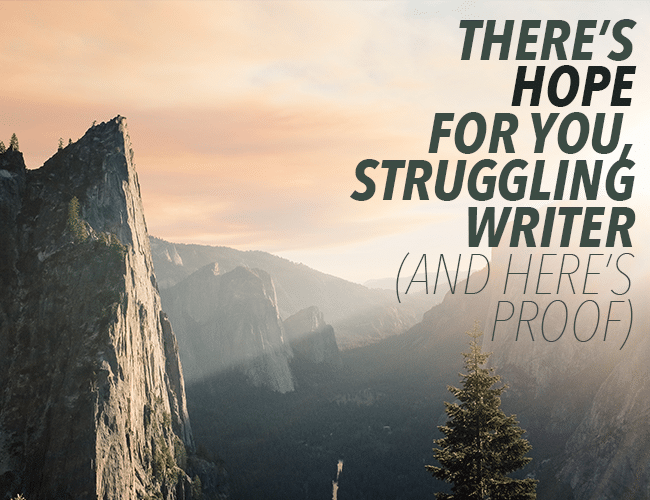
by Pamela Fernuik |
After spending years of your life writing a story, you don’t want it to be rejected in the first sixty seconds by an editor. Using pink paper for your novel manuscript submission or dressing like a chicken for your audition on America’s Got Talent both might get you attention, but it is not the attention you want.
How do you avoid the rejection pile and get published?

by Jeff Elkins |
The opportunity to offer criticism comes with undeserved power. As a critic, we put ourselves above the artist, providing our authoritative opinion on the artists work. The thing is, that’s not what every writer needs to hear.

by Ruthanne Reid |
Greetings, fellow writers. I’m tackling something deeply important today: three questions you must answer if you call yourself a writer.

by Monica M. Clark |
Will you be chasing it?
Today is the first time in nearly 40 years that a total solar eclipse will be visible from mainland United States. In other words, the moon will briefly block the sun in the middle of the day and Americans may actually be able to see it (with special glasses).

by Monica M. Clark |
Have you heard of Girl With a Pearl Earring?
It’s a painting by a 17th Century Dutch painter named Johannes Vermeer. Author Tracy Chevalier first saw it when she was 19 and couldn’t stop thinking about it. Who was the girl in the painting? How did she get there?








